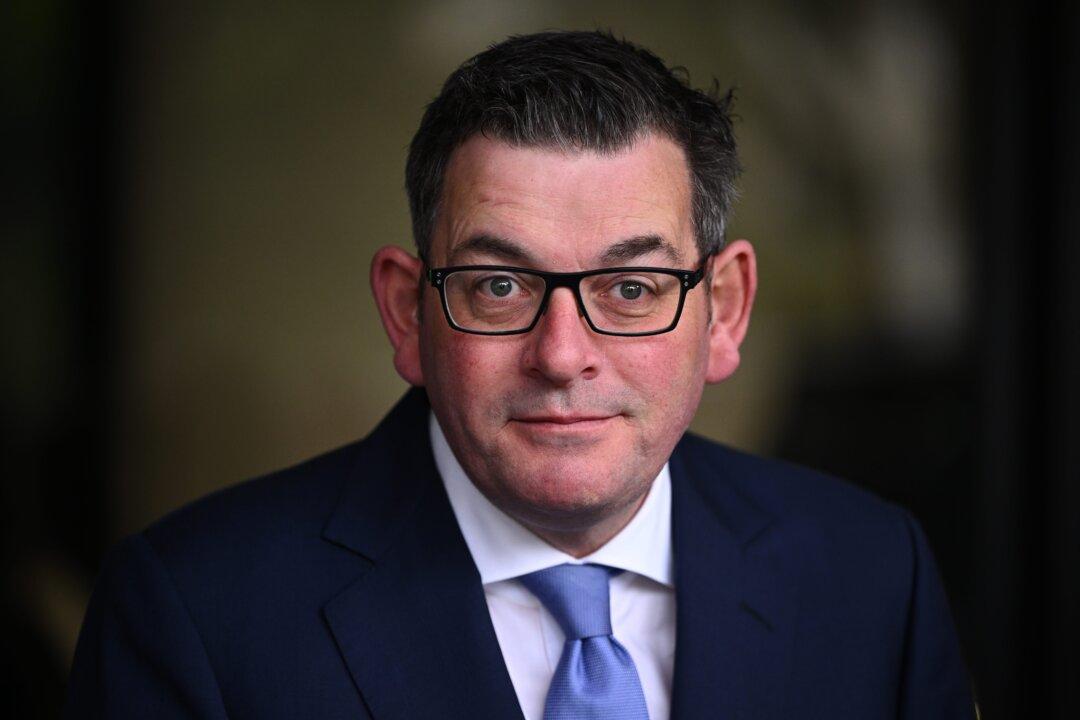The Victorian Labor government is being urged to scrap its new payroll tax on GPs, with doctors’ groups saying that it will lead to higher fees for patients or widespread shutdowns of medical clinics.
This follows an Aug. 11 ruling by Victoria’s State Revenue Office (SRO), which indicated that medical clinics in Victoria will be subject to a new backdated payroll tax.





